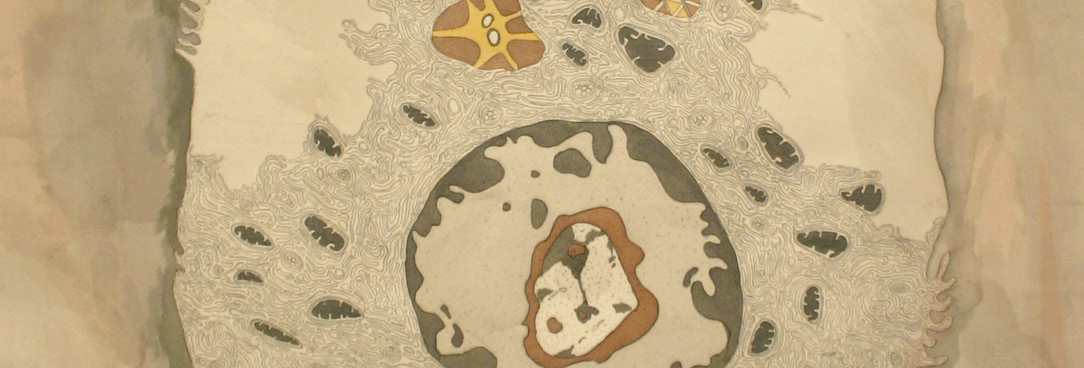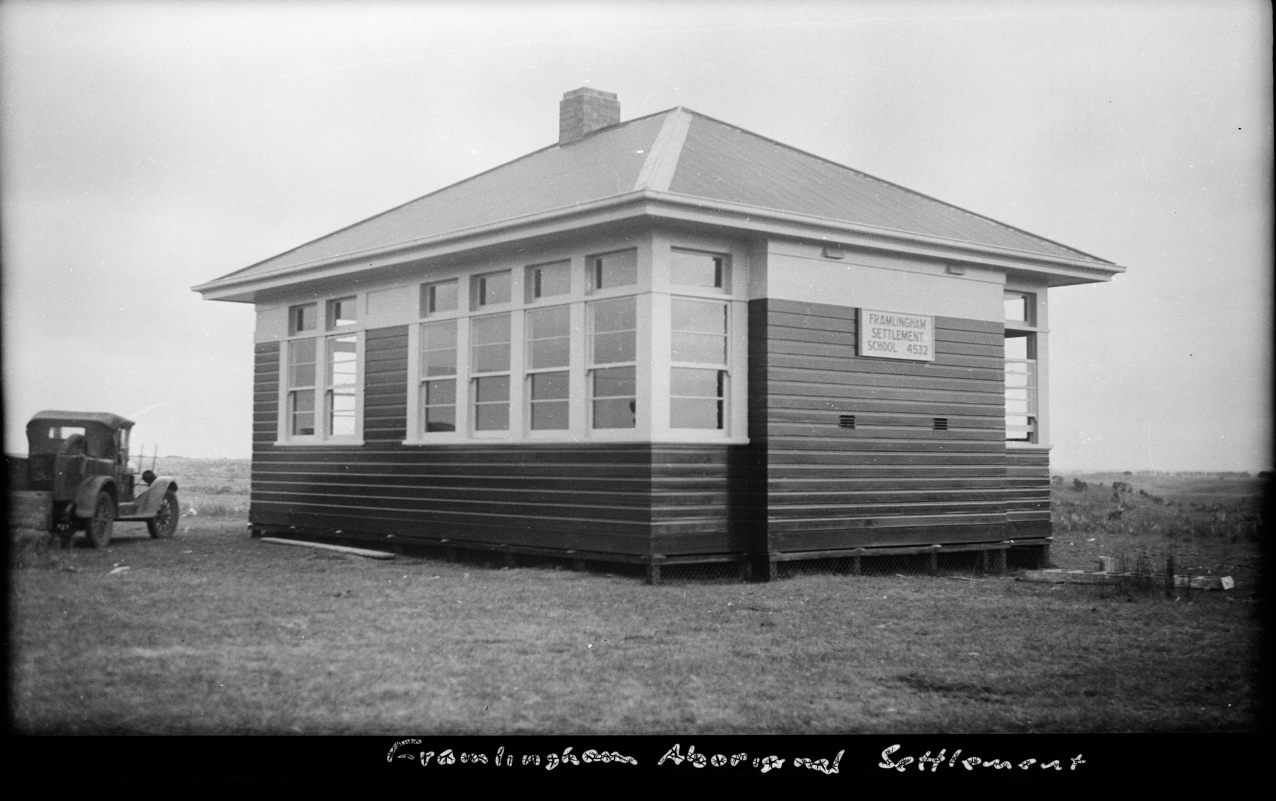Author: Tsari Anderson
Coordinator Koorie Records Unit and Provenance Editor
Koorie Records Unit Researcher Stories presents researchers reflecting on their experiences using government archives for family and community history research, useful or interesting records they have found during their research, and the impact that finding these records has had on them.
Alison McRae has used Aboriginal records from Public Record Office Victoria and National Archives of Australia collections as part of her Masters research which incorporates her own family history, Aboriginal history and the Stolen Generations.
The Koorie Reference Service provides support and guidance to Aboriginal people seeking access to Victorian government archives for family and community history purposes. Find out more about our services and the records we hold here.
Please tell us your name, mob and country
My name is Alison McRae. My birth name is Jaqueline Nelson and my mob are the Hayes family in Gippsland. My mother is Norma Hayes and my father is Dick Nelson. My country on my father's side is Dja Dja Wurrung and on my mother's side, Gunditjmara.
What got you interested in doing your family history research?
I am part of the Stolen Generations and I was told who my family was early on, when I was around three years old. I wanted to find out any information that I could to understand the history and why I was given up for adoption. I returned to school and completed my VCE and continued with my studies. I completed the Diploma in Professional Writing and Editing and went on to complete a Bachelor of Arts with Honours. With all my subjects I incorporated Aboriginal issues and Aboriginal history to help me understand my history. My sister gave me a list of my family's names and I researched our family history to help me identify and reclaim my culture. I am currently doing a Masters and I am incorporating family history, Aboriginal history, the Stolen Generations and my story.
What kind of records were you looking for and what did you uncover?
I was looking for any information on my family. The names I wanted to research were Nelson, Hayes, Rose and Austin. There was lots of different information about my family and their time on the Aboriginal missions. The missions they lived on were Framlingham, Coranderrk and Cummeragunja. The information spoke about their character and how they were good workers. The documents provided me with information about where they were situated and the issues and problems they encountered. I was after any information that would give me an understanding of the past.
How did the service provided by the Koorie Records Unit help with your research?
The service is exceptional at the Koorie Records Unit at Public Record Office Victoria (PROV). I was provided with lots of information and records in the collection. Anything that I needed was provided to me. The workers are caring and are willing to listen to what you have to say and are there to explain anything that may be of concern. I would like to thank Georgia Harris [Koorie Reference Officer at PROV] who has helped and supported me in my family research. She is friendly and easy to talk to and I have had many conversations with Georgia. She has always made me feel welcome and comfortable whilst I am undertaking this research, which is half the battle in finding out about my family history. I would not be doing this if this was not the case.
Were there any specific records that struck a chord?
The records that struck a chord was my family having to pay rent on the Framlingham Aboriginal Mission. The land was given for Aboriginal people after being dispossessed of their traditional lands. My grandfather John Rose eventually left Framlingham because of the rent issue. He and his family ended up on Jackson's Track.
What impact has finding these records had on you?
The daunting prospect of what I may find out and if I can handle it. I guess learning about your history can help you in what you discover. Some days you feel connected and other days I feel disconnected. Especially from my family who all live in Gippsland. I can give them a call and that helps. Just reading about their lives and how resilient they were. How the times have changed and how easy it is to access the records. It can be very emotional and it helps to keep an open mind because these records are written from a European perspective.
What advice do you have for others wishing to use archival records for their family history research?
To first investigate the history of Aboriginal people; for me it was Victorian Aboriginal history. It gave me a setting and context to what has happened in the past. Keep an open mind, because there could be more to the story, talk to family if that is possible. If it is difficult for you to seek professional help, go and see a counselor or somebody you can trust and confide in. I have spoken to counselors and friends. It can be a daunting experience. Some days you are excited and want to find out everything. Other days it can be the complete opposite. Sometimes there are gaps in the records: for me there is no record of my fostering, so records have been lost or destroyed. If you come from the Stolen Generations it can be difficult to reconnect with family because we all come from a place of pain and trauma. There are organisations like Link Up that can help connect you with your family. For me it is keeping family connections and building on those relationships. There are still many records held at PROV and it is exciting and rewarding to find where you fit in. The main thing is to take care of yourself. Prepare yourself for this journey of learning and discovery before you start your family history because it can be very emotional.
Thank you very much Alison for generously sharing your story.
Material in the Public Record Office Victoria archival collection contains words and descriptions that reflect attitudes and government policies at different times which may be insensitive and upsetting
Aboriginal and Torres Strait Islander Peoples should be aware the collection and website may contain images, voices and names of deceased persons.
PROV provides advice to researchers wishing to access, publish or re-use records about Aboriginal Peoples

